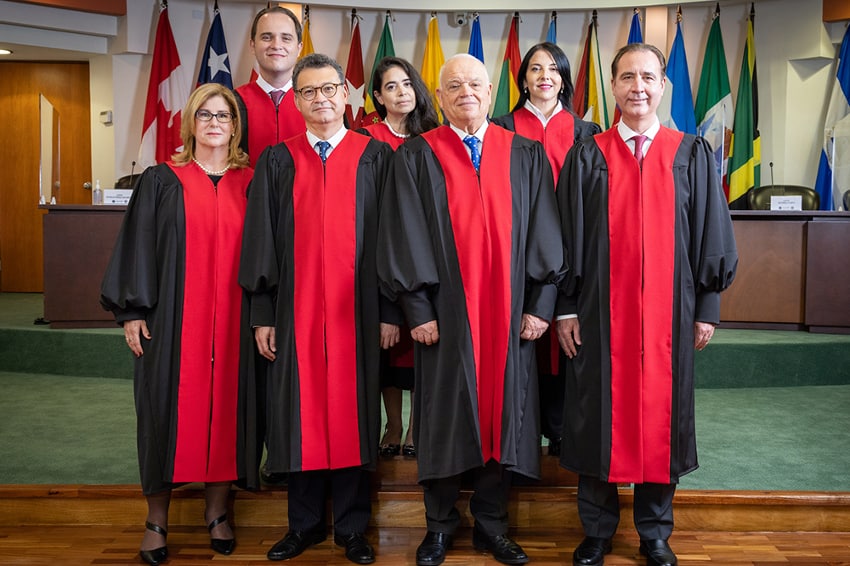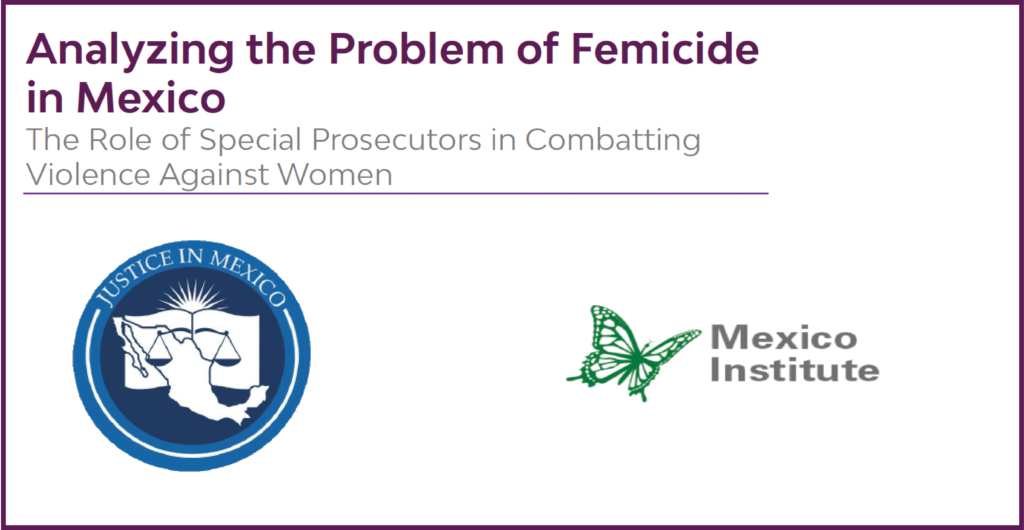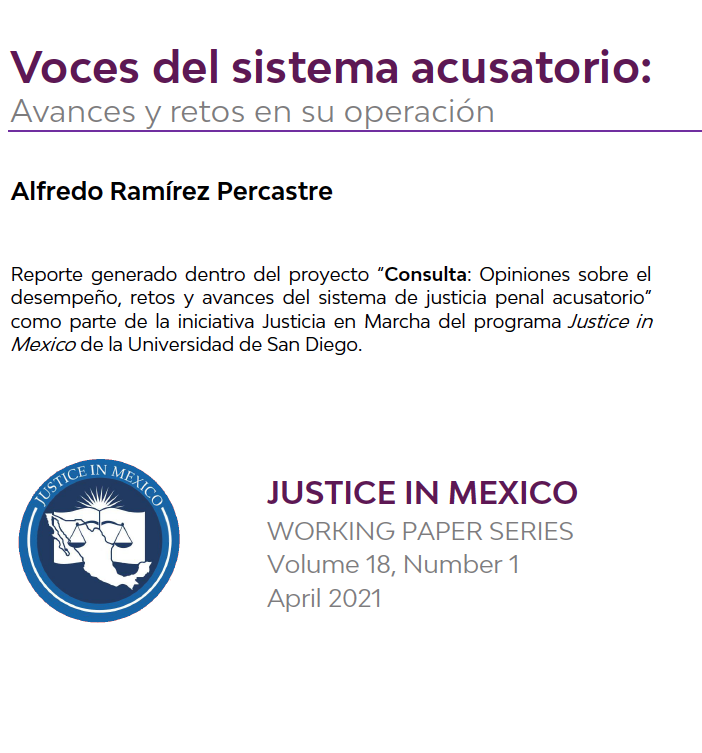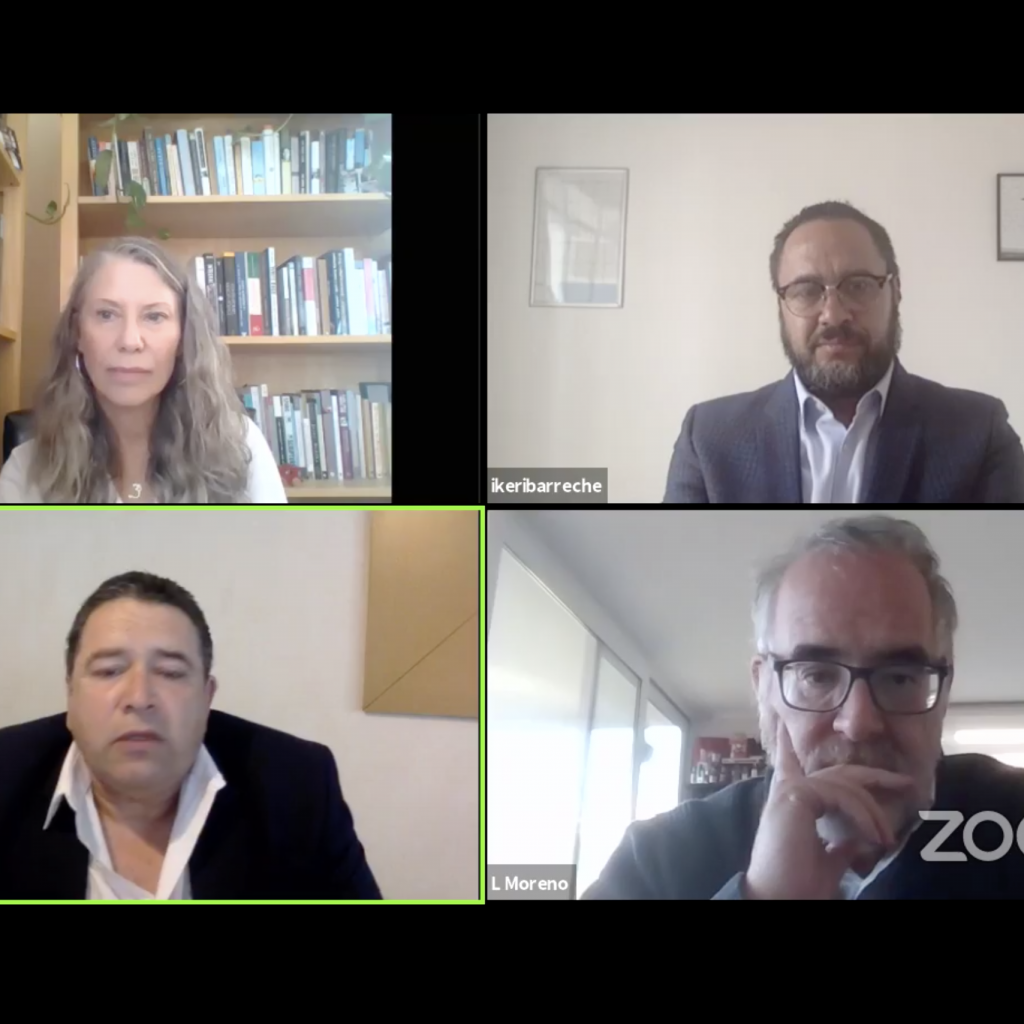 11/22/17- On Thursday, November 16, 2017 the Justice in Mexico program welcomed a delegation of Mexican law professors and experts sponsored by the U.S. State Department and hosted by the San Diego Diplomacy Council and offered a presentation of the results of the 2016 Justiciabarómetro survey of Mexican judges, prosecutors, and public defenders.
11/22/17- On Thursday, November 16, 2017 the Justice in Mexico program welcomed a delegation of Mexican law professors and experts sponsored by the U.S. State Department and hosted by the San Diego Diplomacy Council and offered a presentation of the results of the 2016 Justiciabarómetro survey of Mexican judges, prosecutors, and public defenders.
The State Department-sponsored visit was organized by the San Diego Diplomacy Council through the Global Ties network. The delegation comprised a group of twenty law professors, judges, researchers, and administrators from several institutions located in ten different states throughout the country, including law schools and graduate degree programs.
On behalf of the Justice in Mexico program, David Shirk and Octavio Rodriguez presented a PowerPoint presentation of the results of the 2016 Justiciabarómetro survey of Mexican judges, prosecutors, and public defenders. A full list of the members of the delegation is provided below.
The Justiciabarómeter is an innovative diagnostic tool for analyzing the criminal justice sector through the eyes of the professionals who serve in key positions within the system, including judges, prosecutors, public defenders, and police.
Members of the delegation were especially interested in the research methodology and raised several questions about the findings, which generally noted the increased support among judicial sector professionals for the country’s transition to a new oral, adversarial model of criminal procedure in 2016.
Universidad Autonomá de Baja California (UABC) delegate Jorge Díaz Zazueta, who collaborated with Justice in Mexico for the implementation of the survey, noted that the Justiciabarómetro provides invaluable policy insights on the Mexican criminal justice system. Specifically, he noted, the survey results were useful in identifying areas of need for further training of judicial sector personnel in the state of Baja California.
The delegates also made several suggestions for future iterations of the survey, including the possibility of partnering with their home institutions to replicate the survey with other criminal justice sector operators in 2020. Overall, the visit provided an important opportunity to share the results of the study and allow a fruitful exchange of ideas among experts working to improve Mexico’s criminal justice system.




